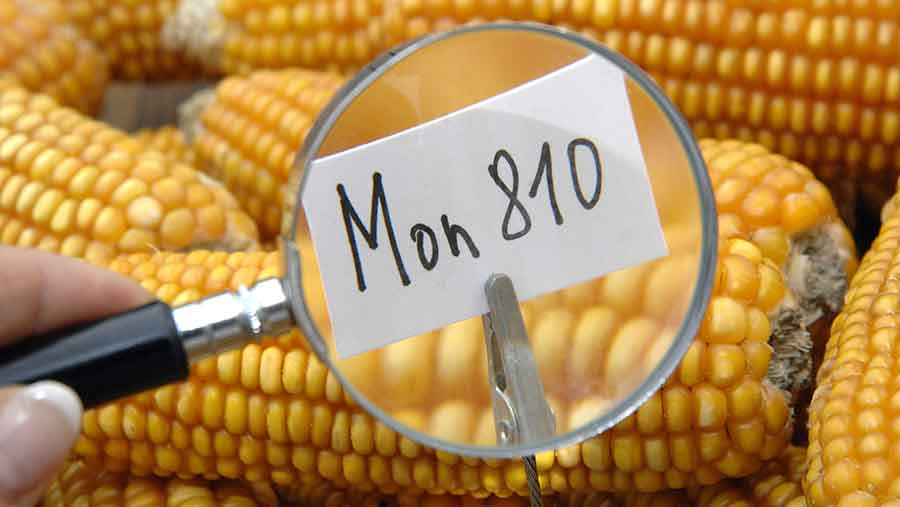Scotland demands right to remain GM-free after Brexit
 © Sips/Rex/Shutterstock
© Sips/Rex/Shutterstock Scotland must retain the right to opt out in the cultivation of GM crops following Brexit, according to rural affairs secretary Fergus Ewing.
In a letter to Defra sectary Michael Gove, Mr Ewing has sought assurances that the UK government will not seek to impose the cultivation of GM crops against Scotland’s will.
Mr Ewing said the EU law that currently allowed member states to opt out of growing EU-authorised GMs was “extremely important” to Scotland.
See also: Scotland to ban farmers from growing GM crops
His letter reflected his concern about the emphasis Mr Gove had placed in his recent speech to the WWF on science being at the root of environmental policy, as opposed to evidence.
Science v evidence
“Science is indeed an important driver of innovation in delivering agricultural and environmental outcomes, and the Scottish government is committed to scientific research in Scotland,” said Mr Ewing.
“However, there are many types of evidence, of which science is one, that are important to consider in any policy development – for example, socio-economic evidence.”
Mr Ewing said the commercial success of the food and drinks industry was built on Scotland’s reputation for “quality, provenance and the natural larder that we are fortunate to have”.
He therefore wanted confirmation that the GM opt-out provisions would continue to exist after Brexit and that Scotland would retain the right to implement them.
At the same time, it was vital that the labelling of GM food and feed products was not weakened so that consumers could continue to exercise choice, he said.
Background
The Scottish government announced in August 2015 that it would be taking advantage of new EU rules allowing countries to opt out of growing EU-authorised GM crops.
However, the decision has not been universally popular, with farm leaders warning at the time that it could leave Scotland’s farmers at a competitive disadvantage if farmers in England are allowed to grow GMs.
